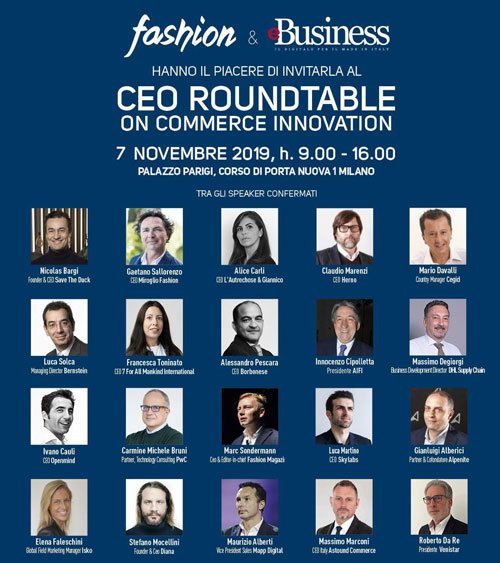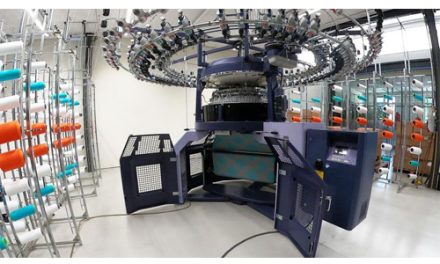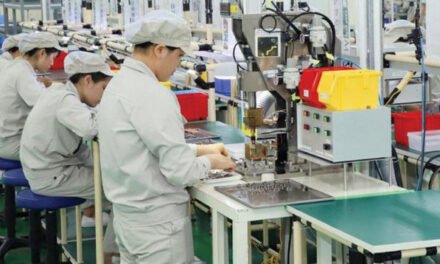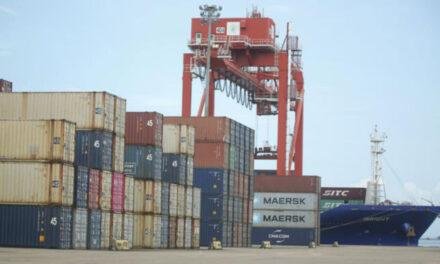 A selection of 26 fashion industry top players to discuss how digitalization is impacting companies’ value, one of the most important parameter to be considered when talking about business. This was the fifth edition of the CEO Roundtable, promoted by Fashion and eBusiness, which took place on November 7th at Palazzo Parigi, Milan.
A selection of 26 fashion industry top players to discuss how digitalization is impacting companies’ value, one of the most important parameter to be considered when talking about business. This was the fifth edition of the CEO Roundtable, promoted by Fashion and eBusiness, which took place on November 7th at Palazzo Parigi, Milan.
The denim ingredient brand ISKO, always first in line when it comes to supporting the industry in the development of best practices, was among the event’s main partners. The company shared its long-standing and well-established commitment to Responsible Innovation™, taking part in a panel tackling new models to blend together authenticity and innovation and thus responsibly succeed in business.
Fashion Magazine CEO&Editor-in-chief Marc Sondermann hosted the discussion, which started at 9.20 a.m. and involved Elena Faleschini, ISKO Global Field Marketing Manager, along with Nicolas Bargi, Save the Duck Founder & CEO, Francesca Toninato, 7 For All Mankind CEO and Stefano Modellini, Diana E-commerce Corporation Founder & CEO.
Focusing on the strict relation between responsibility and success in terms of business strategies, they targeted the importance of remaining authentic in the digital era, while fostering best practices in the communication field and promoting responsibility and innovation. Pioneering Responsible Innovation™ in the denim industry, ISKO has committed to the development of sustainable solutions since the very beginning. Over the years, this effort has grown accordingly to the faster pace required by the increasing demand of a more sustainable industry. The ever-changing scenario of today’s market and its challenges are now demanding proof of the authenticity of information, so as to eradicate “greenwashing” and allow both customers and consumer to make responsible choices.
“It is clear that a big change is going on in the fashion industry. Consumers, especially Generation Y and Z, are prepared to walk away from companies that do not demonstrate being good corporate citizens,” explained Elena Faleschini, ISKO Global Field Marketing Manager. “Everyone, not just industry players, are starting to pay attention to the environmental and social impact of their choices and this might prove difficult as we are constantly submerged by information. This is why it is very important to ensure that what we claim is backed by a third party. Everything we do at ISKO has been verified – it is our responsibility, as leader in this industry, to be a force for good.”
Responsible Innovation™ in in the more and more digitalized business
The mill never ceases to approach the entire production chain and its impacts on both people and the planet. Communicating these efforts in a transparent and fully understandable way through verified facts and numbers has never been so important, not only on a B2B level but also in terms of who ultimately wears the products: consumers. Being the first mill in the world awarded both the EU Ecolabel and Nordic Swan Ecolabel, the company puts a lot of efforts in meeting the most stringent criteria of a wide range of prestigious certifications.
ISKO’s portfolio includes 25,000+ responsibly produced textile concepts, ranging from traditional denim to cutting-edge patented technologies. Life-Cycle Assessments (LCAs) have been obtained for each one of them, ensured by independently verified Environmental Product Declarations (EPD®s). These assess the lifecycle of products and provide the water usage and carbon footprint of 1 sqr mtr of fabric to allow our customers make responsible sourcing choices. To increase traceability and transparency, these data are included in an additional QR Code which is implemented on the hangtag of the entire ISKO collection.
The latest advancement of the mill’s reusing and recycling strategy results in the R-TWO™ platform, including fabrics made with a mix or blend of reused cotton, obtained from production loss with Content Claim Standard Certification (CCS) of Textile Exchange, and recycled polyester certified by the Recycled Claim Standard (RCS) or Global Recycle Standard (GRS), depending on the percentage used. The platform delivers a futuristic and innovative responsible approach, as it allows to decrease the usage of raw materials while improving sourcing efficiency through the recovery of production losses.





















